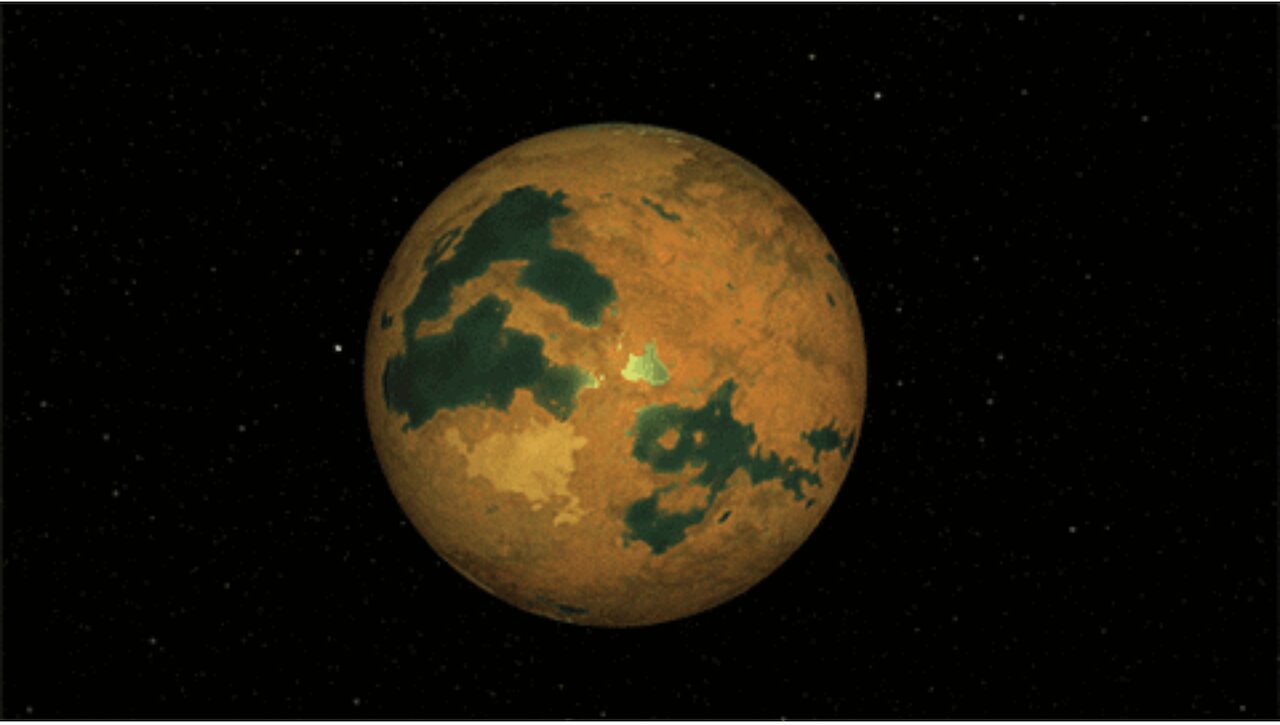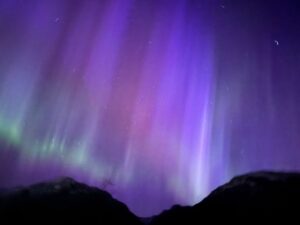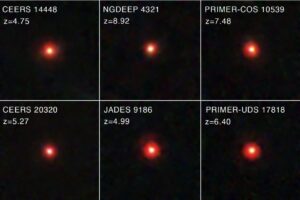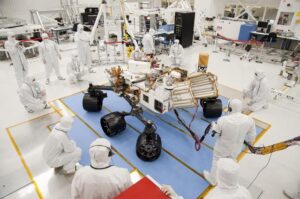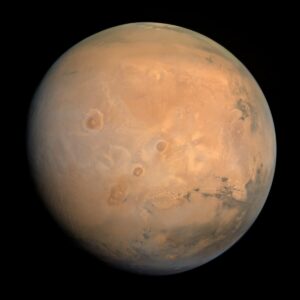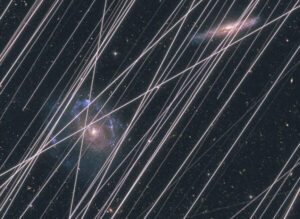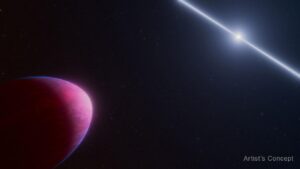Planet Vulcan was the famous homeworld of the humanoid species to which Star Trek hero Mr. Spock belonged.
Logical, steadfast Spock was cast as a troubled galactic refugee aboard the starship Enterprise. In the ubiquitous sci-fi franchise, Vulcan orbited the star 40 Eridani A, or HD 26965. In an alternative timeline in a later Star Trek film, a sadistic Romulan miner detonated red matter in its core, causing Vulcan to implode.
HD 26965 also exists in the real universe, and Spock and the show inspired legions of capable stargazers. The hunt to find a real Vulcan around that star was on.
In 2018, astronomers announced they had found it. A team using Arizona’s Dharma Endowment Foundation Telescope (DEFT) detected a “wobble” in the light signature of HD 26965, indicating the orbit of an earth-like exoplanet. Furthermore, they teased, the star “may be an ideal host star for an advanced civilization.”
But like Spock’s doomed world in the alternative timeline, the researchers’ hopes later imploded.
Further studies in 2021, 2022, and 2023 cast doubt on the findings. And finally, updated research claims to confirm that Planet Vulcan was nothing but stardust in the wind.
It may be a sad development for Mr. Spock, but anyone predisposed to logic would applaud the process.
In astronomy, radial velocity describes movement due to the interactions between stars and planets. Since each one orbits the other, but stars are much more massive, stars that host planets wobble slightly around an orbital axis close to their own gravitational centers.
Astronomers use this method to detect exoplanets because stars are much easier to see and measure. However, it’s not a failsafe. A star’s velocity can also change because of surface conditions. A recent study in The Astronomical Journal confirmed that HD 26965’s radial velocity could indicate an exoplanet with a 42-day orbit. But the star itself takes 42 days to spin once on its axis, so the 2018 team could have misinterpreted the signals.
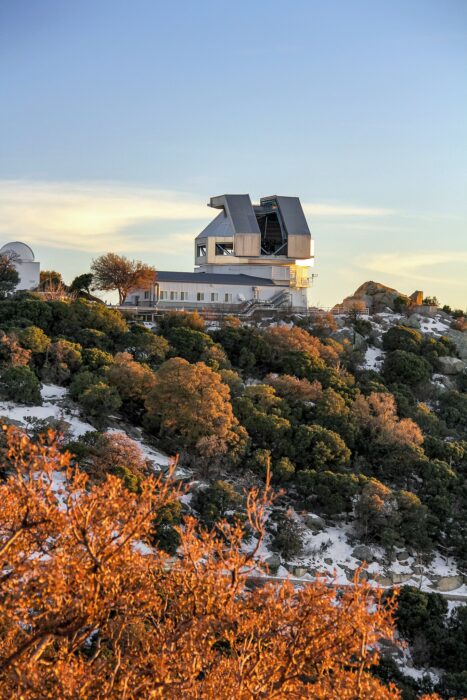
The WIYN 3.5-meter Telescope at Kitt Peak National Observatory was pivotal to the new research. Photo: Creative Commons
Further investigation satisfied the new researchers enough for them to title their paper The Death of Vulcan.
Vulcan may be dead. But the hunt for exoplanets is far from it. The team positioned its work as a roadmap for future research, inviting further testing to determine “the universality of [its] methods.”
It’s not the first time a line of scientific inquiry has advanced due to disconfirmation. Or as Spock might say, “when you eliminate the impossible, whatever remains, however improbable, must be the truth.”
